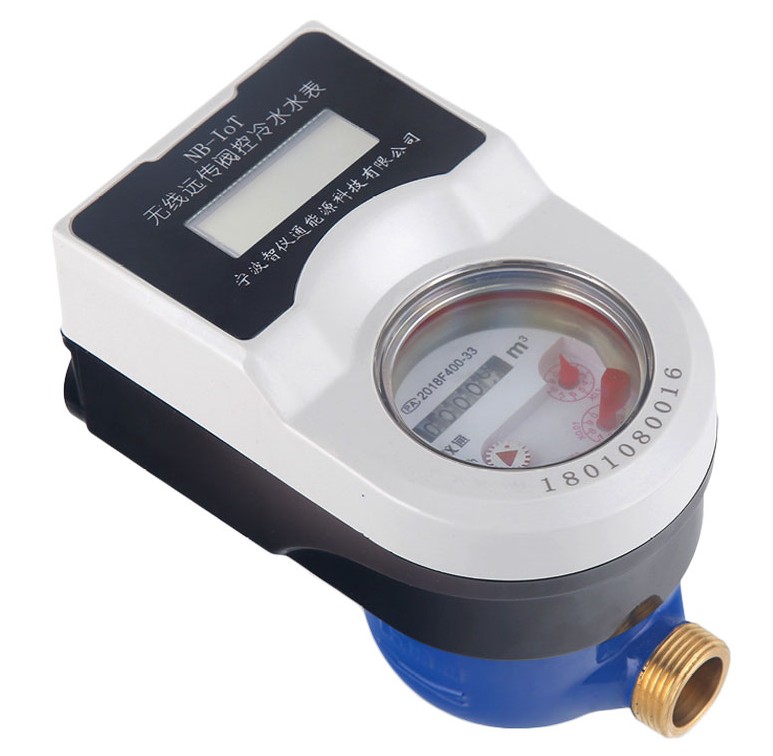ADD: No. 18, Weisan Road, Rongyu Village, Xinpu Town,Cixi City,China.
MOBILE: +86 135 6606 0510 (WhatsApp & Wechat )
TEL: +86 (0)574 6358 5625
FAX: +86 (0)574 6357 7818
MAIL: [email protected]
[email protected]
When it comes to measuring water consumption, wireless […]
When it comes to measuring water consumption, wireless water meters and traditional water meters represent two different approaches. Here's a detailed comparison between them, including their respective advantages and limitations:
Advantages:
Real-time Monitoring: Wireless water meters provide real-time water consumption data, allowing users to know how much water is being used at any time.
Automatic Readings: This meter automatically records meter readings without human intervention, reducing the risk of incorrect readings.
Accuracy: Wireless water meters are generally more accurate because they can record more data points and are less susceptible to human interference.
Remote Access: Users can remotely access meter data through smartphone applications or internet browsers for easy management and control.
Limitations:
Higher Initial Costs: Wireless water meters typically have a higher initial investment cost, including installation and equipment costs.
Battery Dependency: Most wireless water meters require battery power, necessitating regular battery replacement, which can lead to maintenance costs.
Technical Issues: Wireless water meters can be affected by wireless signal interference or technical failures, which can cause data transmission problems.
Internet Connection: Wireless water meters require a reliable internet connection, otherwise, data transmission may be interrupted.
Traditional Water Meters:
Advantages:
Low Initial Cost: Traditional water meters typically have lower initial purchase and installation costs.
Power Independence: Traditional water meters do not require battery power, so no additional battery replacement costs are required.
Reliability: Traditional water meters are generally stable and less susceptible to technical failures or signal interference.
Independence: Traditional water meters do not rely on an internet connection and are suitable for areas without network coverage.
Limitations:
Manual Readings: Traditional water meters require regular manual readings, which can lead to incorrect or delayed readings.
No Real-time Monitoring: Traditional water meters do not provide real-time water consumption data, and users can typically only see water usage on monthly or quarterly bills.
Inconvenient Bill Calculations: Traditional water meters often read in cubic feet or gallons, requiring complex calculations to arrive at water bills.
Overall, wireless water meters offer more advantages, including real-time monitoring, automatic readings, and accuracy, but come with a higher initial cost and reliance on battery power. Traditional water meters are relatively reliable in terms of cost, do not require a power supply, but lack real-time monitoring capabilities. The choice of meter will depend on the user's needs, budget, and the level of technology available.
